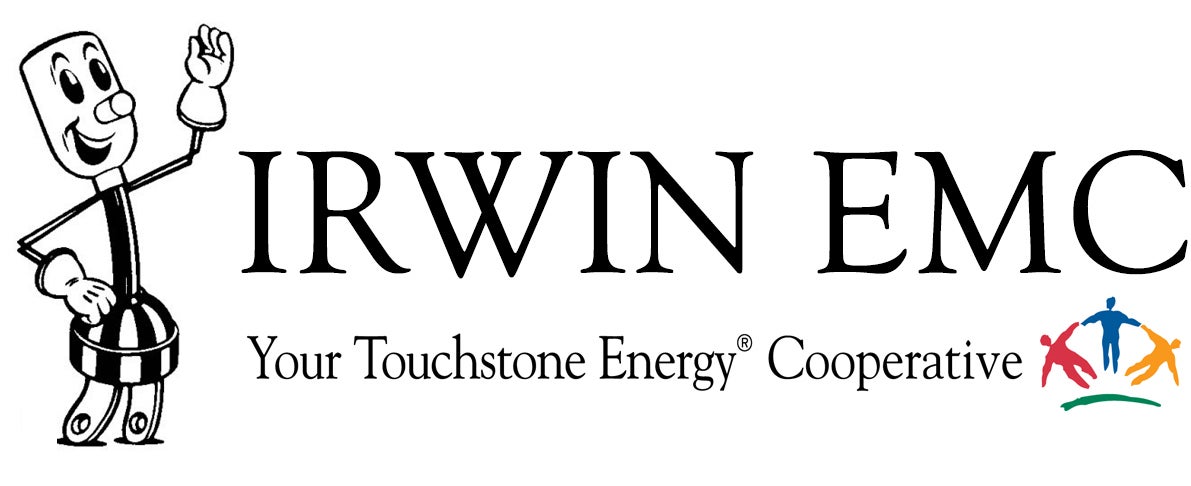What to do when the weather is good
Light. Flashlights, extra batteries, candles and matches or some type of fuel lamp (kerosene, oil, propane) and extra fuel. Be sure to follow manufacturer's directions for using these lamps; some may not be recommended for indoor use. Be extra careful when using flames.
Water. If you depend on a well, you'll need to fill bathtubs or other large containers for household use. Fill clean pitchers or jugs for drinking water. If you have livestock, consider a stand-by generator to run the well.
Food. Nonperishable foods that don't need cooking are ideal, like canned fruit, powdered milk, peanut butter, bread and crackers. Don't forget the can opener!
Heating/Cooling. Have blankets, sleeping bags, and extra clothes, including hats. If you have a fireplace, make sure there's kindling and a good supply of wood. In the summer, use natural ventilation to keep cool.
Information. An AM/FM radio with extra batteries for local information and a NOAA weather radio for weather warnings. A wind-up or battery powered clock will come in handy, too. Remember to charge your cell phone in case phone lines go out.
It is very important for members on life support equipment make alternate plans for power or lodging in the event of a prolonged outage.
If power does go out, take steps to protect your family and property:
-
Limit freezer and refrigerator door openings. Food will keep longer if doors remain closed. Check items for spoilage before serving. Don't cook inside with charcoal.
-
Try to keep outside door openings to a minimum and use blankets, sleeping bags and extra clothes to help stay warm. Dress in layers and wear a hat. Cover drafty windows and doors with blankets. Close off doors and stay in the room with your heat source. If the room has openings without doors, use blankets to cover them.
-
If you use a portable generator, isolate it from our lines. Generators that are not isolated can feed back into our electrical system and possibly electrocute anyone coming in contact with those wires. If you don't have a double throw transfer switch installed, plug appliances directly into the generator using a properly sized extension cord.
-
Turn off all large appliances that come on automatically, like electric water heaters, heat pumps, and space heaters. Make sure appliances you were using when the outage occurred, like ovens, stoves, irons, or power tools are turned off. disconnect sensitive electronics like TVs, VCR's, and computers to avoid damage from surges.
-
When the power comes back on, give the electric system a chance to stabilize by gradually using the appliances you turned off. Use only the most essential first and wait 15 minutes on the others, including water and space heating.
-
If you clear trees on your property, don't try to remove those tangles in power lines. It's also important to stay away from any downed lines and notify us about them immediately. This not only applies to power lines, but also phone, cable TV, or any type of wire.
Because of the location of many power lines, our employees and equipment frequently work along roadsides. Please remember to slow down and be aware of utility crews while driving in these areas.
